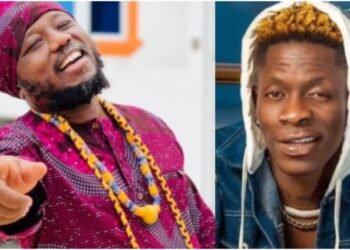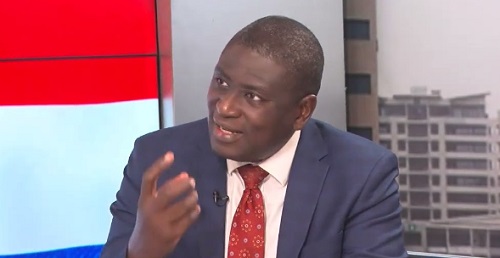Ghana, known for its rich tapestry of cultures, languages, and traditions, is facing growing concerns regarding the erosion of its cultural identity.
As globalization accelerates and modern influences permeate traditional lifestyles, many Ghanaians worry that the unique aspects of their heritage are being overshadowed.
Ghana is home to over 100 ethnic groups with distinct traditions, languages, and customs. Major groups include the Akan, Mole-Dagbani, Ewe, and Ga-Dangme, each contributing to the country’s rich cultural mosaic.
With over 80 languages spoken, Ghana is one of Africa’s most linguistically diverse countries. English serves as the official language, but indigenous languages such as Twi, Ewe, and Dagbani play crucial roles in everyday communication and cultural expression.
Ghanaian culture is steeped in traditional practices, including music, dance, art, and festivals. These elements not only serve as forms of entertainment but also as vehicles for storytelling, community bonding, and the transmission of values across generations.
Ghanaian musician and songwriter, Enoch Nana Yaw-Oduro Agyei, popularly known as Trigmatic, has shared his concerns about the loss of cultural identity among Ghanaians.
The singer highlighted the media houses in the country are neglecting the teaching of kids about their culture, instead of focusing on foreign cultures.
“The media need to realize their impact. We are losing our language… Our children are starting to sound more like American or British. Content creators and media houses are not doing enough to preserve our culture for our kids.”
Trigmatic
The forces of globalization have brought about unprecedented exposure to foreign cultures, often leading to the adoption of Western lifestyles, values, and consumer habits. This shift dilutes traditional practices and diminishes the significance of local customs.
As more Ghanaians migrate to urban centers in search of economic opportunities, traditional lifestyles are often abandoned. Urban environments tend to prioritize modernity and convenience, which results in a disconnection from cultural roots.
The formal education system in Ghana has historically emphasized Western knowledge and perspectives, often at the expense of indigenous knowledge systems. This leads to a lack of appreciation for local cultures among younger generations.
The proliferation of global media has introduced Ghanaians, particularly the youth, to international trends in fashion, music, and entertainment. While this fosters creativity, it also overshadows local cultural expressions and leads to a preference for foreign influences.
Implications of Cultural Erosion

As traditional practices fade, valuable aspects of Ghana’s history, knowledge, and identity risk being lost. This loss creates a generational gap, where younger Ghanaians lack understanding and appreciation for their cultural heritage.
Cultural identity plays a crucial role in fostering community cohesion. As individuals become disconnected from their cultural roots, social bonds weaken, leading to fragmentation and a decline in communal values.
A shared cultural identity is vital for national unity. The erosion of this identity leads to divisions along ethnic or cultural lines, undermining the social fabric of the nation.
Trigmatic urged the youth to stand up against systematic oppression, emphasizing the lack of accountability among politicians in the country. “The youth must not only take to the streets but also awaken mentally,” he added.
“I believe the core issue in this country is accountability, with our leaders failing to take responsibility for their actions. Everything is politicized, and many people are afraid to speak out.”
Trigmatic
There is a growing movement to integrate cultural education into school curricula, emphasizing the importance of indigenous knowledge, languages, and traditions. This approach seeks to instill pride and appreciation for Ghanaian culture among younger generations.
Ghanaian artists, musicians, and filmmakers are using their platforms to showcase and promote local culture. By blending traditional elements with contemporary styles, they create works that resonate with both local and global audiences, reinforcing cultural pride.
The concerns surrounding the loss of cultural identity among Ghanaians highlight the delicate balance between embracing modernization and preserving heritage.
While globalization and urbanization pose significant challenges, there is a growing recognition of the importance of cultural identity in fostering social cohesion and national unity.
The preservation of cultural identity is not merely about maintaining traditions; it is about empowering individuals and communities to celebrate their unique identities in an increasingly interconnected world.
READ ALSO: GSE’s Vision for Financial Literacy and ESG Investing Shines at ‘Ring the Bell’ Event























